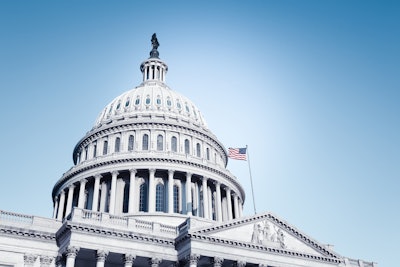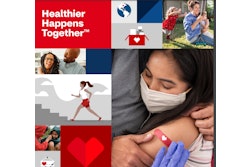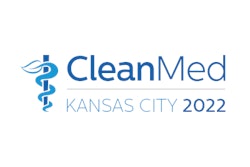
Using mandates to boost demand for postconsumer recycled (PCR) content in packaging is a compelling argument for lawmakers. Increasing recycled content is beneficial not only for our environment, but also for our industry. However, a closer look at recent legislative activities reveals that lawmakers are not considering the full implications of these requirements across the packaging value chain and the other industries that compete for demand.
Over the past two years, at least 20 bills in 10 states plus two federal bills related to recycled content have been introduced. In January 2022, New Jersey Governor Phil Murphy signed into law some of the most aggressive PCR requirements in the country for rigid plastic containers, glass containers, paper and plastic carryout bags, and more. We saw four more PCR mandate bills introduced in Washington State this year after the law enacted last year that made it the second state requiring recycled content in plastic beverage containers. That new law also covered plastic trash bags and household and personal care products. Meanwhile, the Northeast Recycling Council (NERC) has proposed model legislation for increased PCR minimums on plastics and glass that may influence future legislation.
Many of the bills currently under consideration lack the necessary detail to make them effective. For example, several create mandates for plastic beverage containers, which can be made from PET, polypropylene, or polystyrene—each of those resins has its own capacity for recycling. And while some of these PCR measures do offer some level of flexibility—such as the New Jersey law that authorizes the state department of environmental protection to review and amend the PCR content requirements based on market conditions—lawmakers also need strategies to address supply issues, reduce contamination, and increase recycling capacity if these mandates are to be successful. Without such plans, the measures will be doomed to fail.
 | Read this story, “AMERIPEN: Packaging Policy Update & 2022 Outlook.” |
When AMERIPEN commissioned a 2020 study to examine corporate goals for recycled content against supply and domestic capacity, researchers discovered that, across all plastic resin types except high-density polyethylene, demand in the U.S. actually exceeds the domestic supply and capacity. Looking specifically at PET clearly demonstrates the supply shortfalls: Of more than 6.3 billion pounds of PET bottles sold in the U.S. in 2018, only 1.8 billion pounds of PET bottles and 0.1 billion pounds of thermoforms were collected for recycling. And because recycled content from PET bottles and thermoforms requires specific quality requirements above and beyond that of other end markets, analysts say that “PET reclamation capacity in the U.S. would, at a minimum, need to increase by 50% from current reprocessing capacity to meet CPG company brand commitments for their PET packaging.”






















